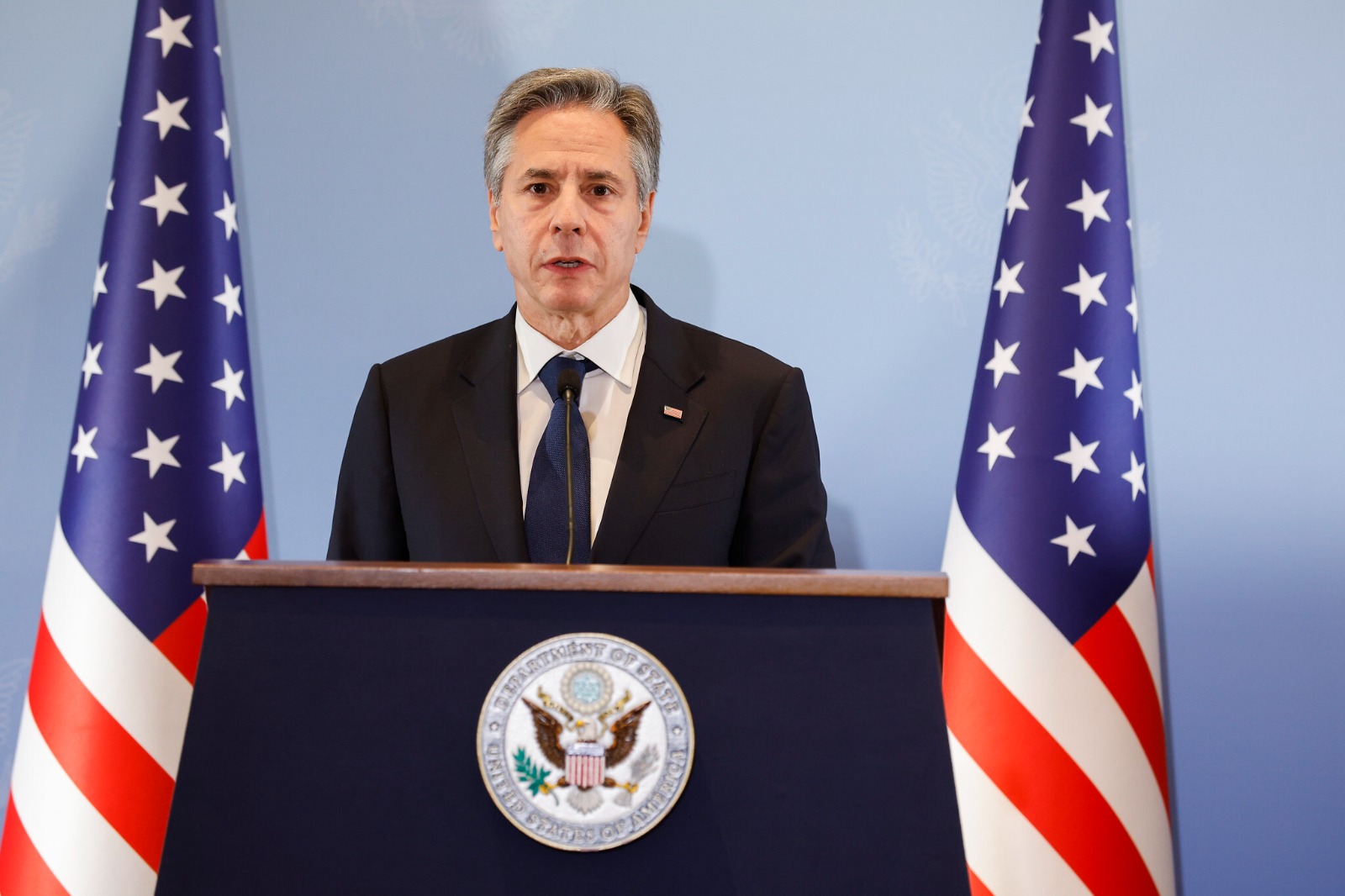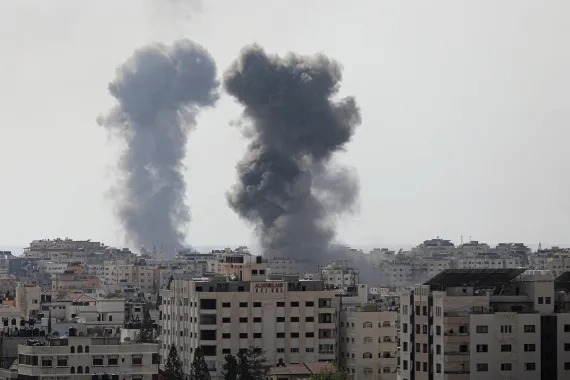As tensions escalate in the Israeli-Palestinian conflict, United States Secretary of State Antony Blinken’s call for ‘humanitarian pauses’ in Gaza has sparked a heated debate over the efficacy of such an approach. Palestinian rights advocates argue that these ‘pauses’ are insufficient and won’t absolve the US of complicity in Israeli attacks. While Blinken’s visit to Israel aimed to promote these temporary halts in fighting, Israel’s recent intensified bombings of hospitals, ambulances, and civilians fleeing to safety have raised questions about the effectiveness of this strategy.
Advocates Demand More Than ‘Pauses’ as Israel Intensifies Attacks:
While Blinken expressed hope that ‘humanitarian pauses’ would facilitate aid delivery, protect Palestinian civilians, and enable diplomacy, Palestinian rights advocates are adamant that these pauses are inadequate. They argue that ‘pauses’ are not a sustainable solution, as highlighted by Adam Shapiro, the director of advocacy for Israel-Palestine at Democracy for the Arab World Now (DAWN), who called it an “absurd approach.” Advocates believe that such a strategy paves the way for an ‘open-ended’ conflict without accountability for Israel, potentially perpetuating the cycle of violence.
Biden Administration Responds to Domestic Pressure Over Gaza Crisis:
The call for ‘humanitarian pauses’ is seen as a response to growing domestic pressure on the Biden administration over the rising death toll in Gaza, with over 9,000 Palestinians killed as of Friday. Sandra Tamari, the executive director of Adalah Justice Project, an advocacy group, suggests that the administration is reacting to the American public’s outrage over the ongoing violence. A survey revealed that President Biden’s support among Arab Americans has dropped significantly. Dissent is also reportedly growing within the administration, exemplified by the resignation of State Department official Josh Paul, who objected to the US’s continued lethal assistance to Israel.
Israeli Rejection and Growing Discontent:
Despite Blinken’s push for a temporary suspension of hostilities, Israeli Prime Minister Benjamin Netanyahu has rejected it, demanding that any ceasefire includes the release of Israeli hostages held by Hamas. This response aligns with the Israeli approach of ignoring Washington’s demands, confident that there will be no real consequences from the US due to their historic support. Israel receives substantial military aid from the US, and there is a significant request for additional funding. Moreover, the Pentagon has not placed restrictions on how Israel uses American-provided weapons, further complicating the situation.
As international pressure for a ceasefire intensifies, the effectiveness of Blinken’s call for ‘humanitarian pauses’ remains a subject of debate. Advocates argue that the US’s longstanding support for Israel undermines the credibility of such calls, while the Biden administration faces mounting domestic pressure to address the crisis in a more decisive manner. In this evolving situation, the intricacies of the diplomatic challenge ahead highlight the complexities of finding a lasting solution to the Israeli-Palestinian conflict.
















